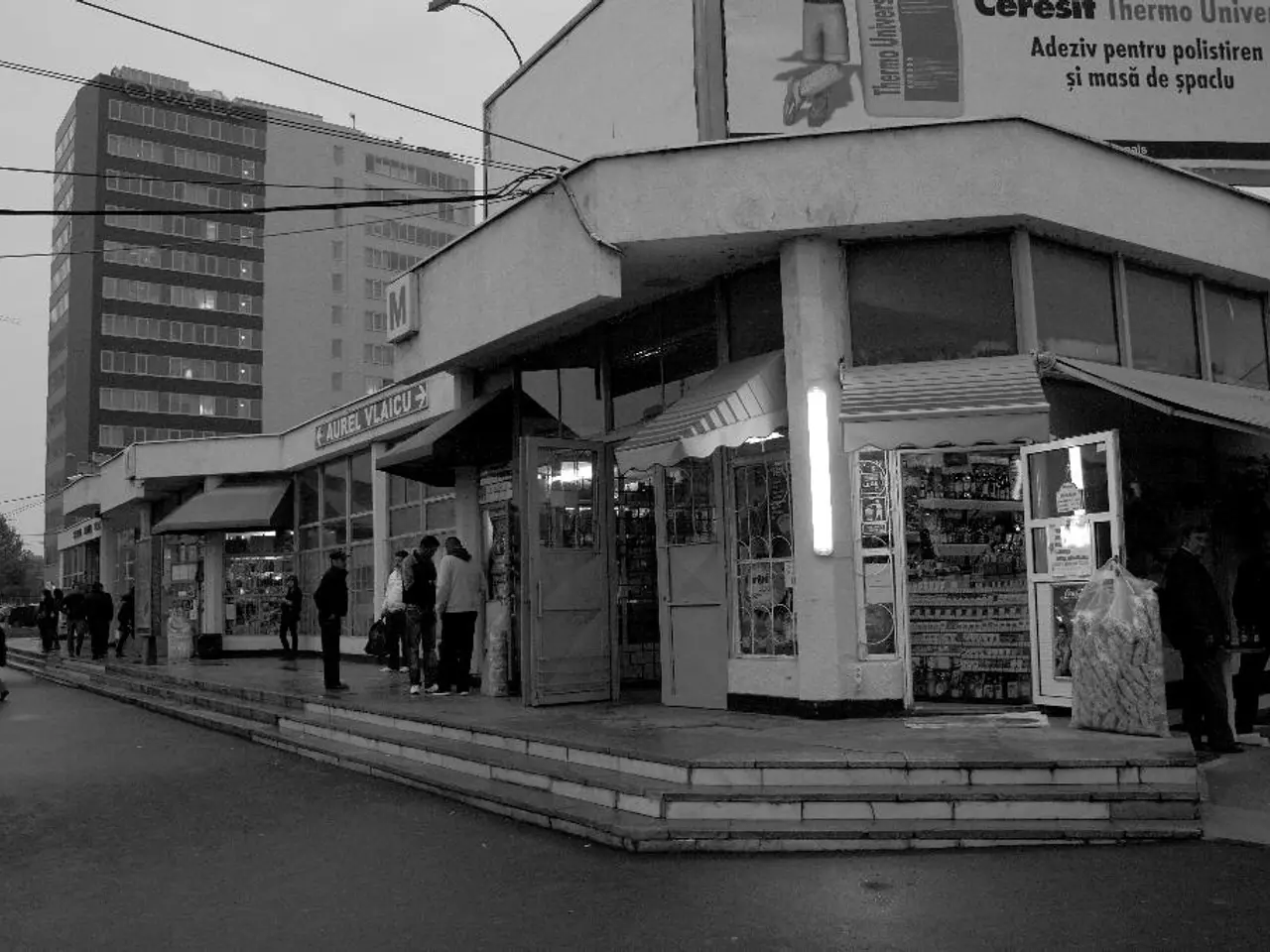South of the nation opts for a tax hike
Germany's CSU and SPD at Odds over Tax Increases
A dispute between the CSU and SPD in Germany revolves around the issue of tax increases, with implications for long-term financing of pensions, health, and nursing care insurance.
The CSU, led by Markus Söder, has unequivocally rejected any tax hikes during the current legislative period. Söder, along with CSU General-Secretary Martin Huber and head of the CSU parliamentary group Alexander Hoffmann, has emphasised adherence to the coalition agreement, which does not include provisions for additional taxes. They advocate for prioritising government efficiency and fiscal restraint without resorting to tax increases, despite the fiscal challenges[1].
In contrast, the SPD, represented by Finance Minister Lars Klingbeil, has not ruled out the possibility of future tax increases after 2027 to address institutional fiscal challenges. Klingbeil has suggested that all fiscal instruments, including tax increases, must remain viable options for long-term fiscal consolidation, encompassing funding demands for pensions, health, and nursing care insurance[1].
The disagreement centres on the CSU's firm opposition to tax increases versus the SPD's openness to using tax policy as a tool for sustainable financing beyond 2027, given demographic and fiscal pressures. This divergence reflects differing approaches to securing long-term funding for social insurance systems in Germany.
Söder has proposed a "complete overhaul of the citizen's allowance" as a means to achieve economic growth, and has called for an end to the allowance for Ukrainians living in Germany, including those who have already arrived[1]. He believes that increasing employment is crucial for economic growth, and that economic growth is needed to improve the state's performance and generate more tax revenue[1]. Söder also argues that reforms and higher state subsidies are necessary to prevent rising contributions[1].
The SPD, on the other hand, has shown a tendency towards higher taxes, but according to Söder, this won't happen during the current legislative period[1]. Federal Minister of Labour and SPD chairwoman Barbara Bas considers tax increases to be a possible option for long-term financing of pensions, health, and nursing care insurance[1]. However, the coalition has ruled out tax increases for this legislative period, according to the SPD[1].
The disagreement between the CSU and SPD over tax increases underscores the ongoing debate in Germany about how to secure long-term funding for social insurance systems while maintaining fiscal responsibility and promoting economic growth. As the situation evolves, it will be interesting to see how this dispute unfolds and what impact it may have on Germany's economic and social landscape.
[1] Source: Various news articles and press releases from the CSU and SPD.
The CSU, led by Markus Söder, maintains a strict closed-door policy against any tax hikes during this legislative period, advocating for efficiency and fiscal restraint instead. On the other hand, the SPD, represented by Finance Minister Lars Klingbeil, is open to the possibility of future tax increases in policy-and-legislation after 2027 to address long-term fiscal challenges, contributing to general-news discussions about securing social insurance system funding while maintaining fiscal responsibility and promoting economic growth.







